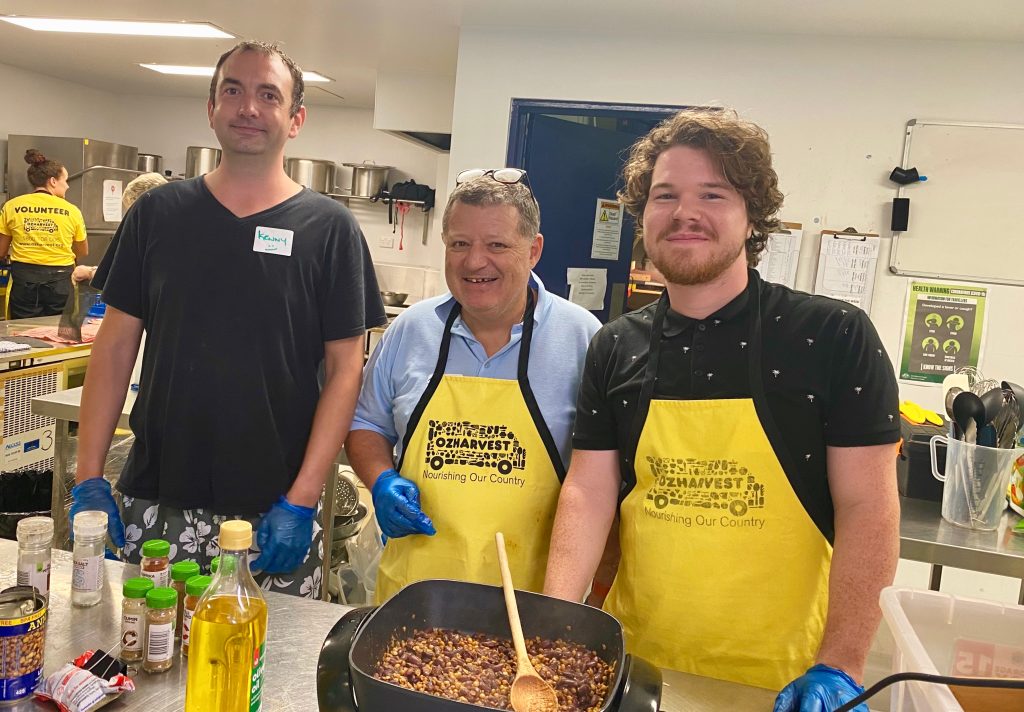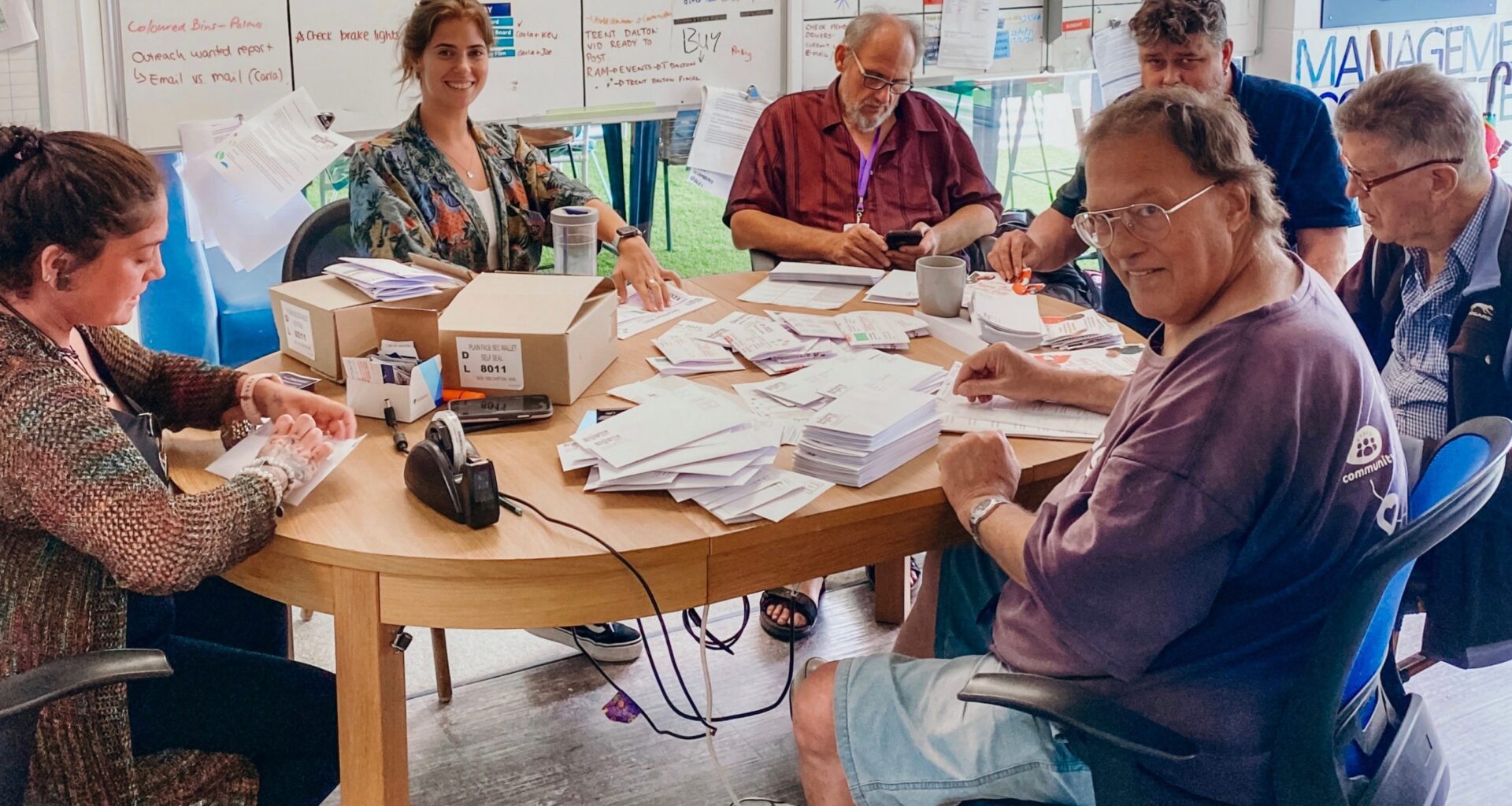By Odin Rasco
Citing an all-time high for the number of individuals “living on the streets” — 274,224 people one night in 2024, according to the White House — and claiming such “endemic vagrancy” had made cities unsafe (a claim disproven by multiple studies, such as this one released in 2022 by the Centre for Social Investigation), President Trump issued an executive order titled “Ending Crime and Disorder on America’s Streets” July 24.
Including directions to “seek … the reversal of Federal or State judicial precedents and the termination of consent decrees that impede the United States’ policy of encouraging civil commitment of individuals with mental illness,” the order provides direction to federal agencies and states to shift “homeless individuals into long-term institutional settings for humane treatment through the appropriate use of civil commitment.” The order states such measures are intended to address “root causes” of homelessness, such as drug use and mental health issues.
In light of the new order from the president, the need for mental health services, particularly ones that have a proven record for helping individuals experiencing homelessness, are on the rise in California and across the nation.
Hoping to add to the options for mental health treatment currently available in Sacramento County, a small, grassroots group is now working to bring a proven model called Clubhouse International into the fray.
“This isn’t a replacement of any of the services that we already have,” explained Erica Jones, who started the local group. “It’s not competing with anything: It’s to help add to what’s already there and provide something that isn’t really available in the same way elsewhere.”
Clubhouse’s approach is focused on helping people who have been pushed to the fringes find healing and community. Though the organization was established in 1994, its model is based on work that’s been done at Fountain House in New York since 1948. The organization’s mission, according to Executive Director and Chief Executive Officer Joel Corcoran, is to end social and economic isolation for people with mental illness.
Clubhouse hopes to do this by growing the number and quality of its rehabilitation programs worldwide; the grassroots group hopes to launch services in Sacramento by 2027.
“It’s a program that provides help, hope and recovery opportunities for people living with mental illness,” Corcoran explained. “It’s an intentional community; the main concept is building a community that offers its participants, who are called members, a non-clinical program of social support that provides a place to belong and opportunities to contribute and create friendships.”
Working in the mental health field since 1981, Corcoran had started to despair at the state of mainstream services and stigma that patients faced before he discovered Fountain House’s innovations, which inspired the Clubhouse model.
“I had been sort of outraged at the way that people with mental illness were just disregarded and became invisible to the rest of society,” Corcoran recalled. “Those who were hospitalized were living really poor-quality lives, and I knew we could do better.”
A sizable need
Mental health challenges are pervasive in the U.S.; one in five people living here experiences mental illness during their lifetime, with one in 20 experiencing severe mental illness, according to statistics from the National Alliance on Mental Illness.
Stigmas can push those experiencing mental illness to gradually isolate themselves or be isolated by others. Feeling and being made to feel “othered,” some find themselves detached from their communities, workplaces, friends and families. That kind of isolation can further push a person grappling with mental illness to social and economic fringes. This is sometimes the case for those living on the streets: Far outpacing the national average, two out of three unhoused people experience mental health illnesses, according to an analysis conducted by the University of Calgary and published in JAMA Psychology in 2024.
There are a number of resources available in Sacramento County for people experiencing mental illness and/or homelessness, according to county Homeless Services and Housing Public Information Manager Janna Haynes and Senior Public Information Officer Elizabeth Zelidon. In addition to the wide array of private options available, Zelidon and Haynes highlighted two standout efforts conducted by the county to address residents’ mental health and housing needs — the Community Outreach Recovery Empowerment Program, or CORE, and the Homeless Engagement and Response, or HEART Team.
CORE has established 11 sites across the county that provide moderate to high-intensity mental health services for adults 18 years or older who are eligible for Specialty Mental Health Services in Sacramento County. CORE sites are peer-run wellness centers operated by community agencies such as Bay Area Community Services and Hope Cooperative. They act as drop-in centers for those seeking help and support. Haynes explained the different sites went for different “vibes,” but the focus for each was on creating a casual and welcoming environment.
“They’re not like a clinic,” Haynes described. “They’re a place you can come and hang out, feel safe and also get mental health services.”
Individuals visiting a CORE site can request assistance with housing, employment, behavioral health, food, health, wellness and other services.
“Navigating the system can be hard,” Zelidon said. “We’re trying to make it a little bit easier.”
But challenges in Sacramento County on this front remain significant. There were 6,615 people in the county who were homeless for at least part of the year in 2024 according to the county’s Point-In-Time count submitted to the U.S. Department of Housing and Urban Development. That leaves plenty of space for Clubhouse Sacramento to deploy its strategies and experience. The local group is led by Jones, who first encountered Clubhouse International after graduating from college. Applying to any and every job in the mental health field in New York after graduating, Jones eventually encountered Fountain House. Like Corcoran, she describes an epiphany-like feeling when she saw how Fountain House operates.
“It is like nothing you’ve ever seen, and it changed my whole career path,” Jones acknowledged. “I was going to be a psychologist or a social worker, and then I went and worked at Fountain House right out of college after I got my psychology degree. And I was just blown away. It was like, ‘Wait a minute; this is the therapy — this community is the therapy.”
‘I found a sense of empowerment and a sense of purpose’  Clubhouse members work together to prepare a meal at one of the hundreds of locations worldwide.The Clubhouse International model is focused on building a sense of community and personal ownership, meaning day-to-day operations, including meal prep, clerical work and schedule planning, is done by employees and members in tandem. (Photo courtesy of Clubhouse International)
Clubhouse members work together to prepare a meal at one of the hundreds of locations worldwide.The Clubhouse International model is focused on building a sense of community and personal ownership, meaning day-to-day operations, including meal prep, clerical work and schedule planning, is done by employees and members in tandem. (Photo courtesy of Clubhouse International)
For the past three decades, Clubhouse International has expanded its model across the globe, going from a handful of like-minded programs to 380 and growing across the world. Clubhouse members have an employment rate nearly three times the rate seen for people in the public health system, according to Corcoran, who also explained a University of Southern California study found clubhouse members saw a lower rate of mental health hospitalizations, and shorter stays for those who were hospitalized.
For some, like Placerville resident Mike Todd, Clubhouses have served as nothing less than a lifeline.
“I was an emotionally broken person when I turned 43; I was going through a nasty divorce, child custody stuff and I had lost a job that I had for almost 15 years,” Todd remembered. “That crushed me. In January of this year, I was living at the El Dorado Navigation Center in Placerville and had been dealing with homelessness for the last year and a half.”
Todd noted that his struggles were exacerbated by the stigma he encountered, confronted with the feeling that he was “weak” for experiencing mental illness. In January, Todd visited Clubhouse El Dorado, a site which had been opened just months prior by NAMI El Dorado County. He fell in love with the place immediately, and started to visit every day from the time the doors opened to when they closed.
“I found a sense of empowerment and a sense of purpose,” Todd reflected. “It drew me in instantly, the warmth of the other members and the warmth and the professionalism of the staff, and how diligent they work to provide for us the resources to help us save ourselves. This place says we’re not alone, we’re not by ourselves. Finding this community made me feel like I wasn’t alienated from the rest of the world. It touched my heart.”
Since his first visit to the Clubhouse, Todd has found housing and work and was sent to the Clubhouse International World Seminar held in Florida in May.
“My life has done a 180,” Todd said, smiling.
For now, Jones and her group are focusing on making sure they go about establishing a clubhouse in Sacramento “with high integrity, high ethics and just a big effort toward inclusivity and community engagement.”
The group has been working on spreading the word, talking with legislators, people working in the mental health field and “misson-aligned” nonprofits to build a network of potential partners and funding sources with the hope of opening a clubhouse within two years.
“My vision for Sacramento is something that’s really truly special, truly member-driven,” Jones said. “I want to be really intentional about taking the time to have this deep community and stakeholder engagement and talk to people, not just trying to throw something together and call it a clubhouse. I want people to really know what it is; to be educated, care about it and have a say in it. I think if we slow down and we take our time, members can even be involved beforehand. It’s a lot of work, but I believe it’s important.”
This story is part of the Solving Sacramento journalism collaborative. Our partners include California Groundbreakers, Capital Public Radio, Hmong Daily News, Russian America Media, Sacramento Business Journal, Sacramento News & Review and Sacramento Observer. Support stories like these here, and sign up for our monthly newsletter.

